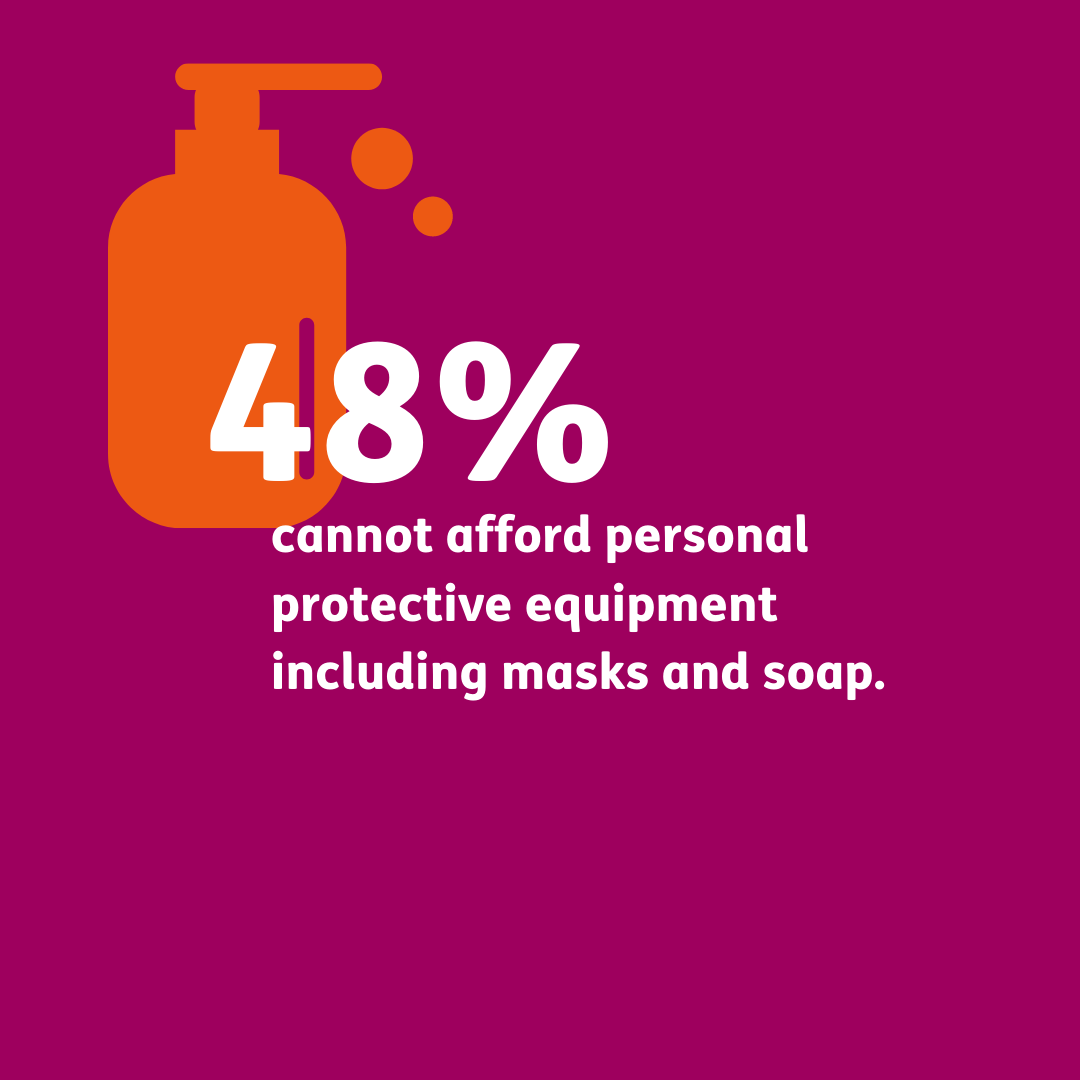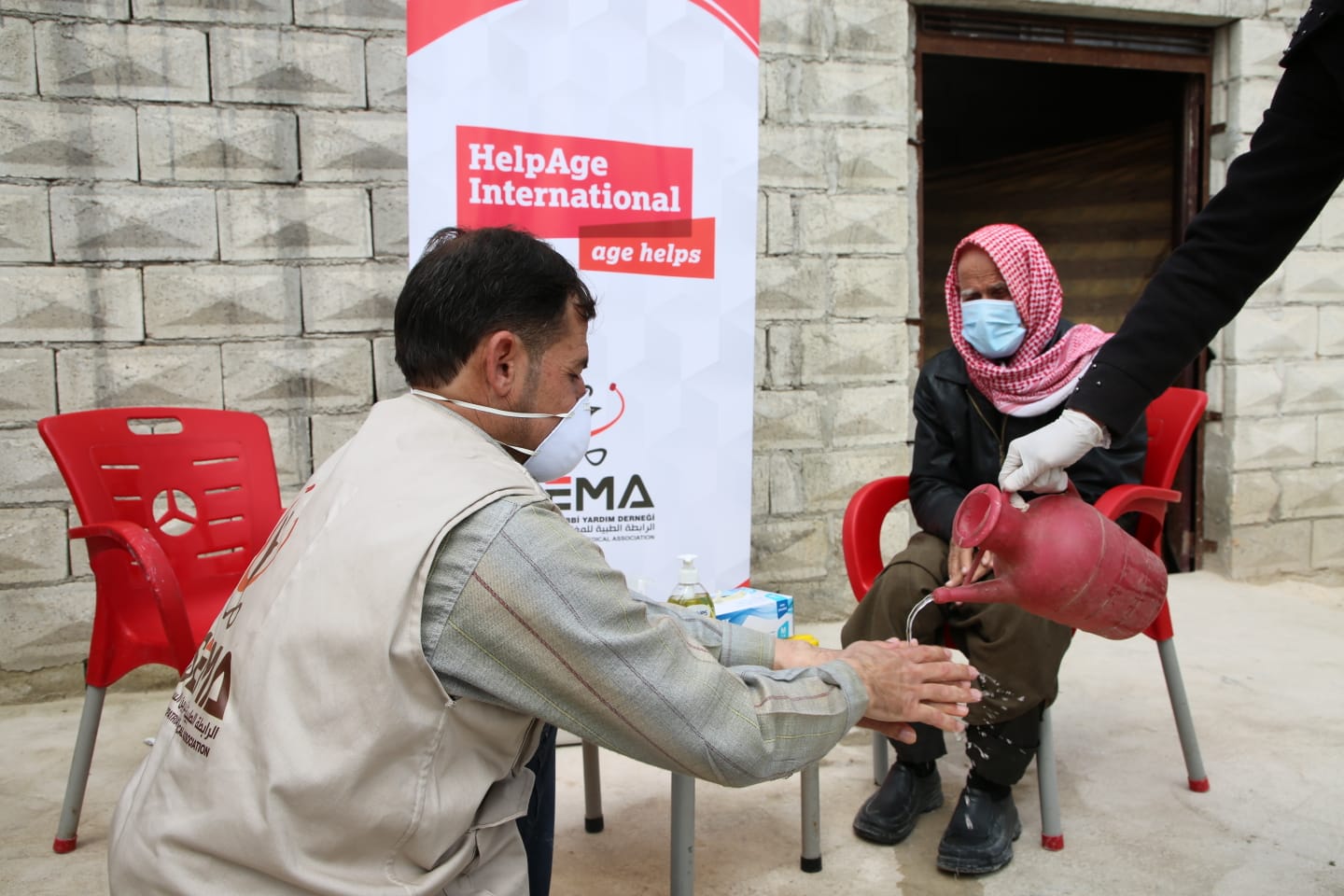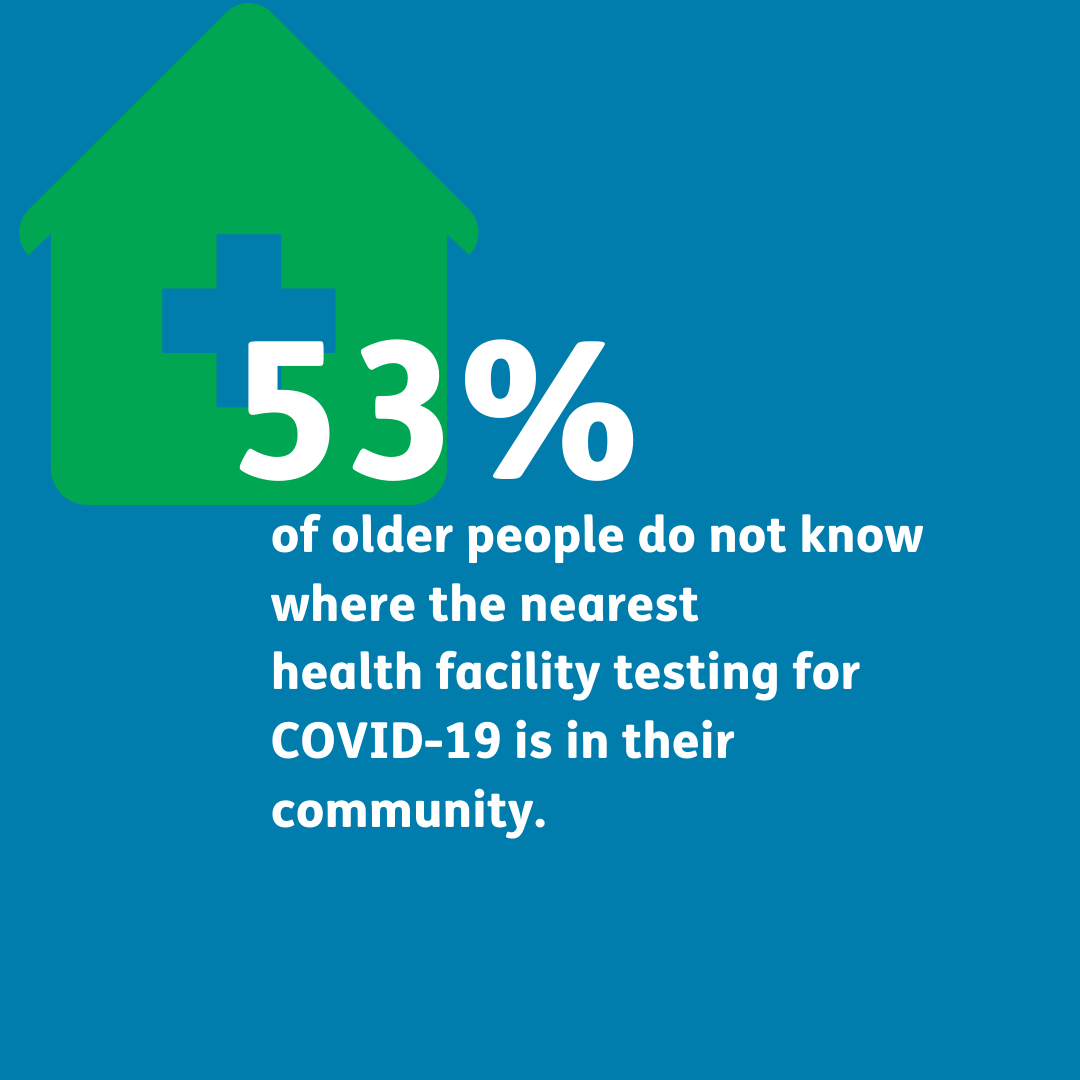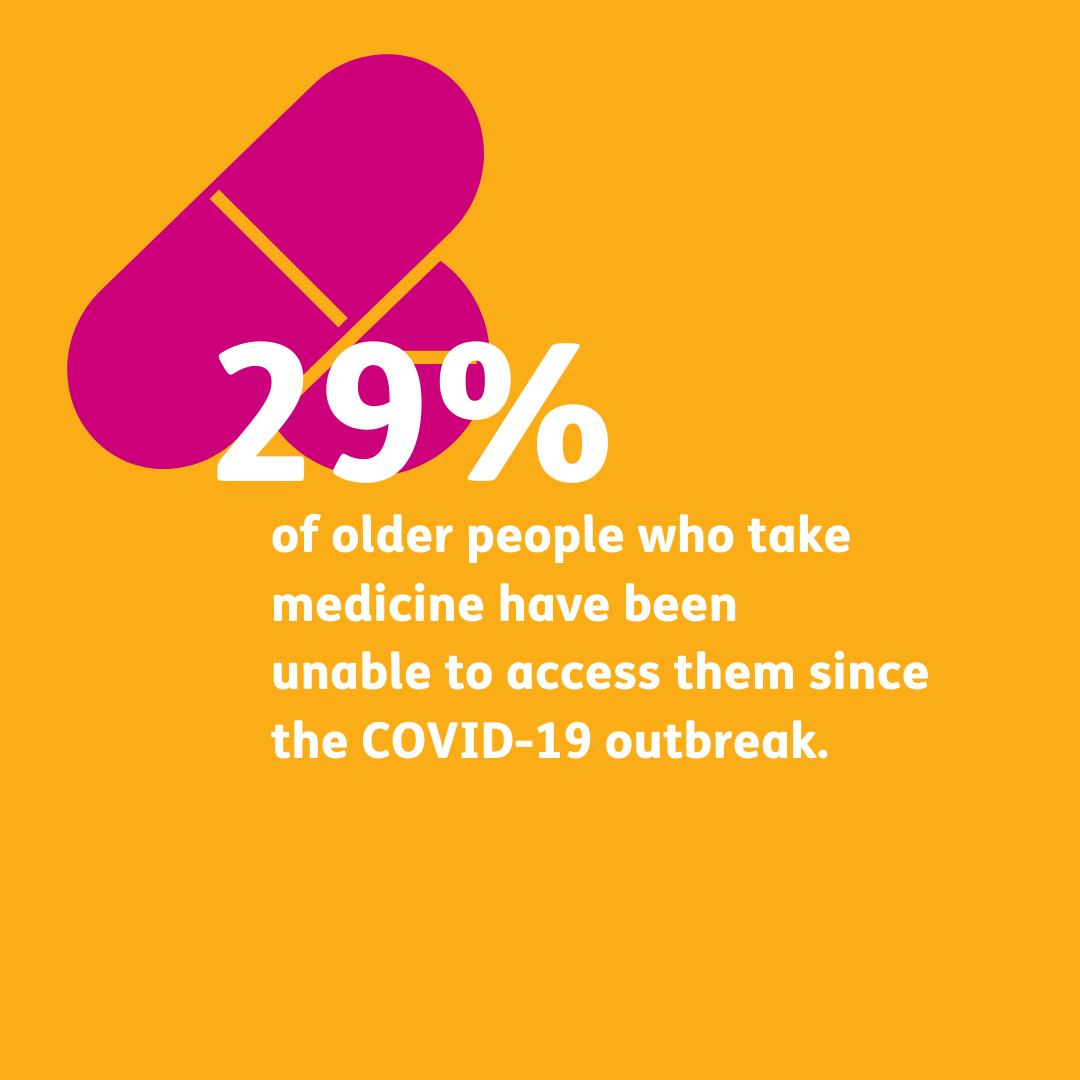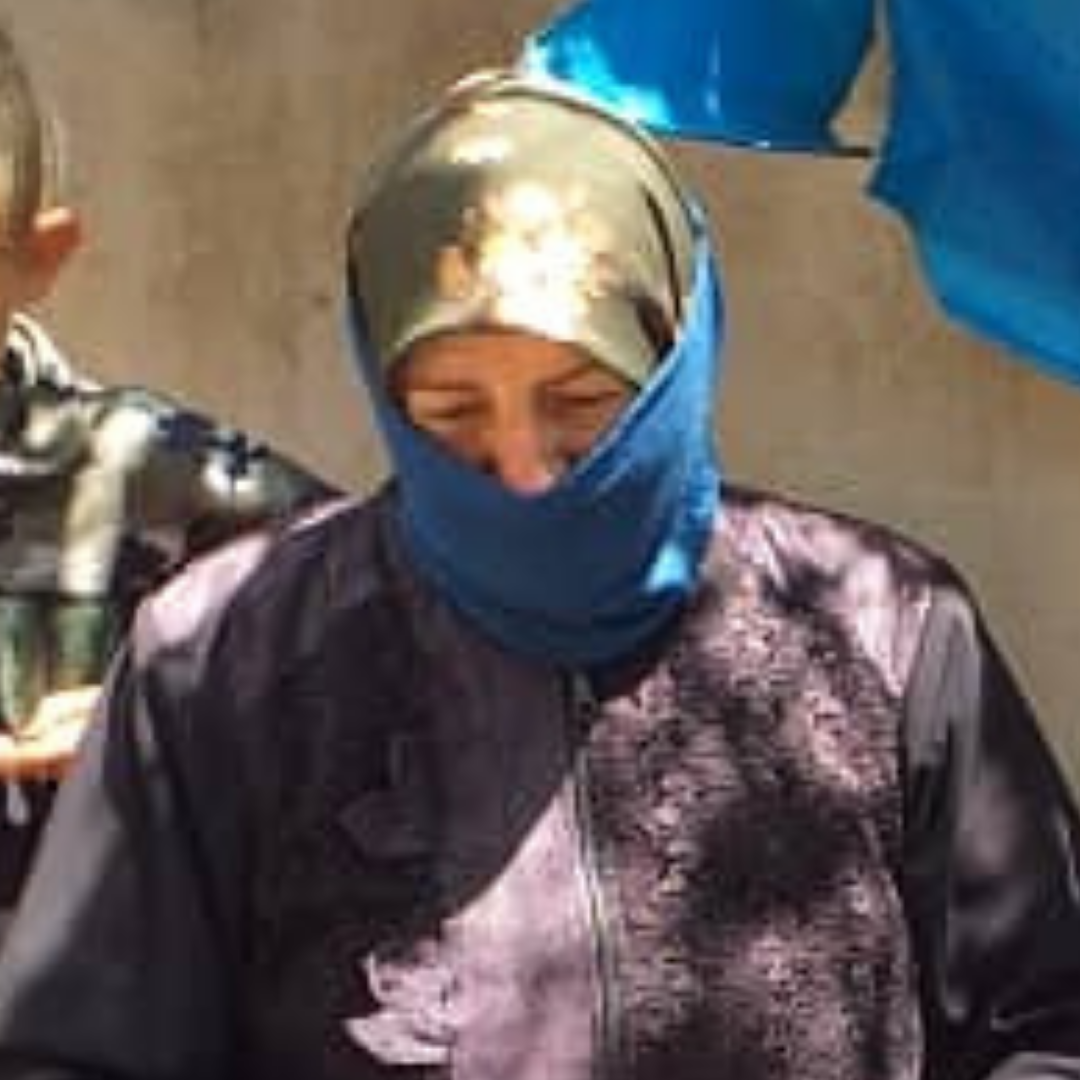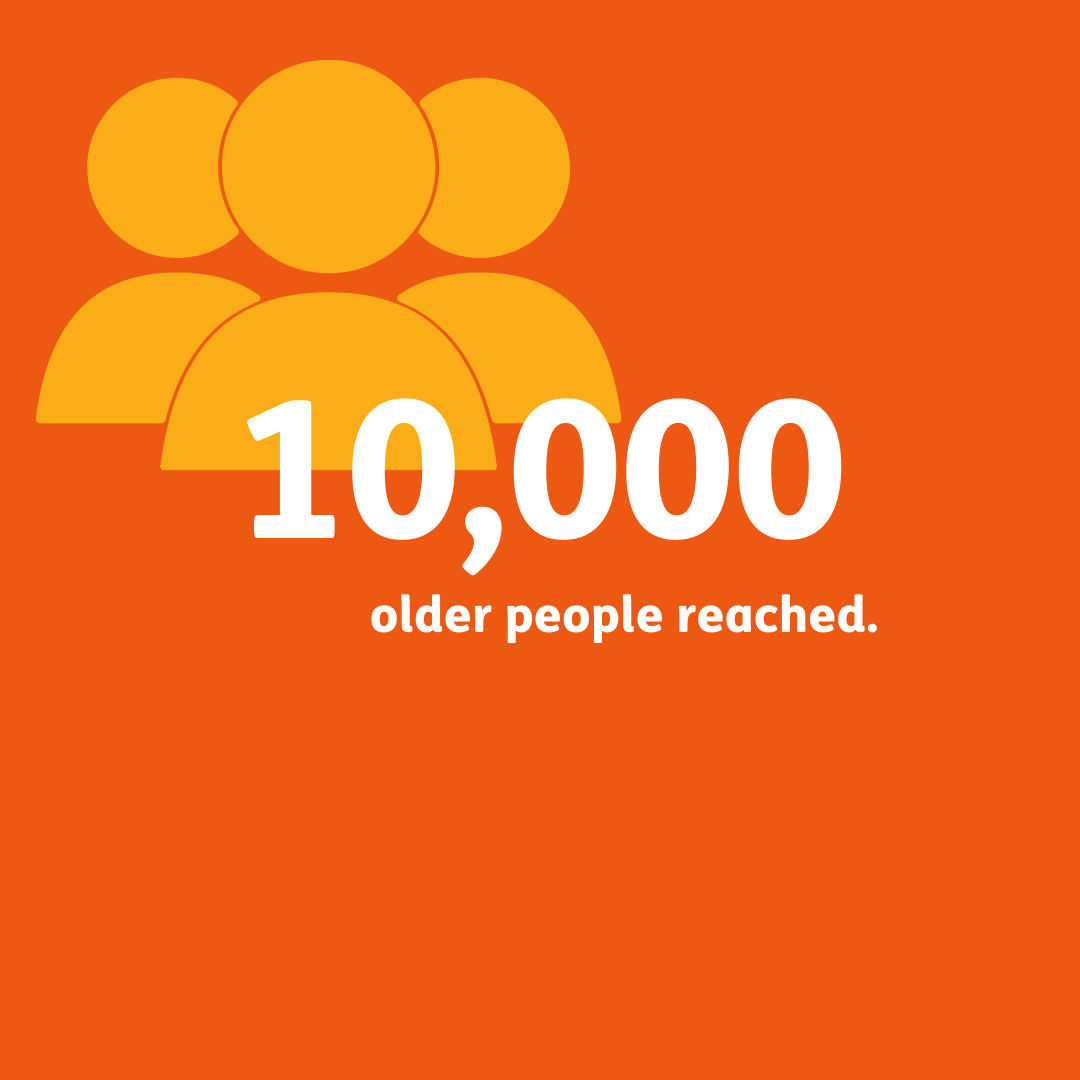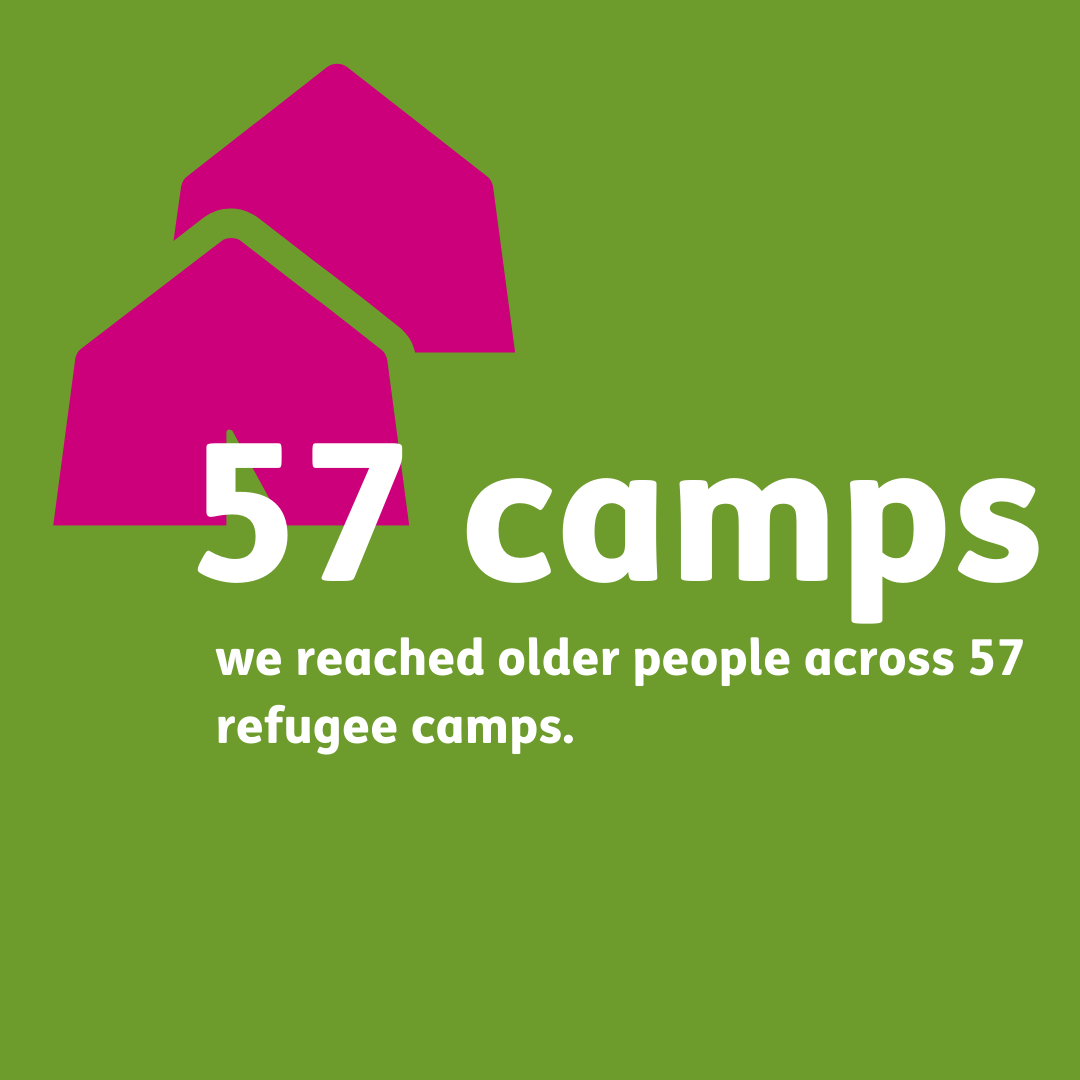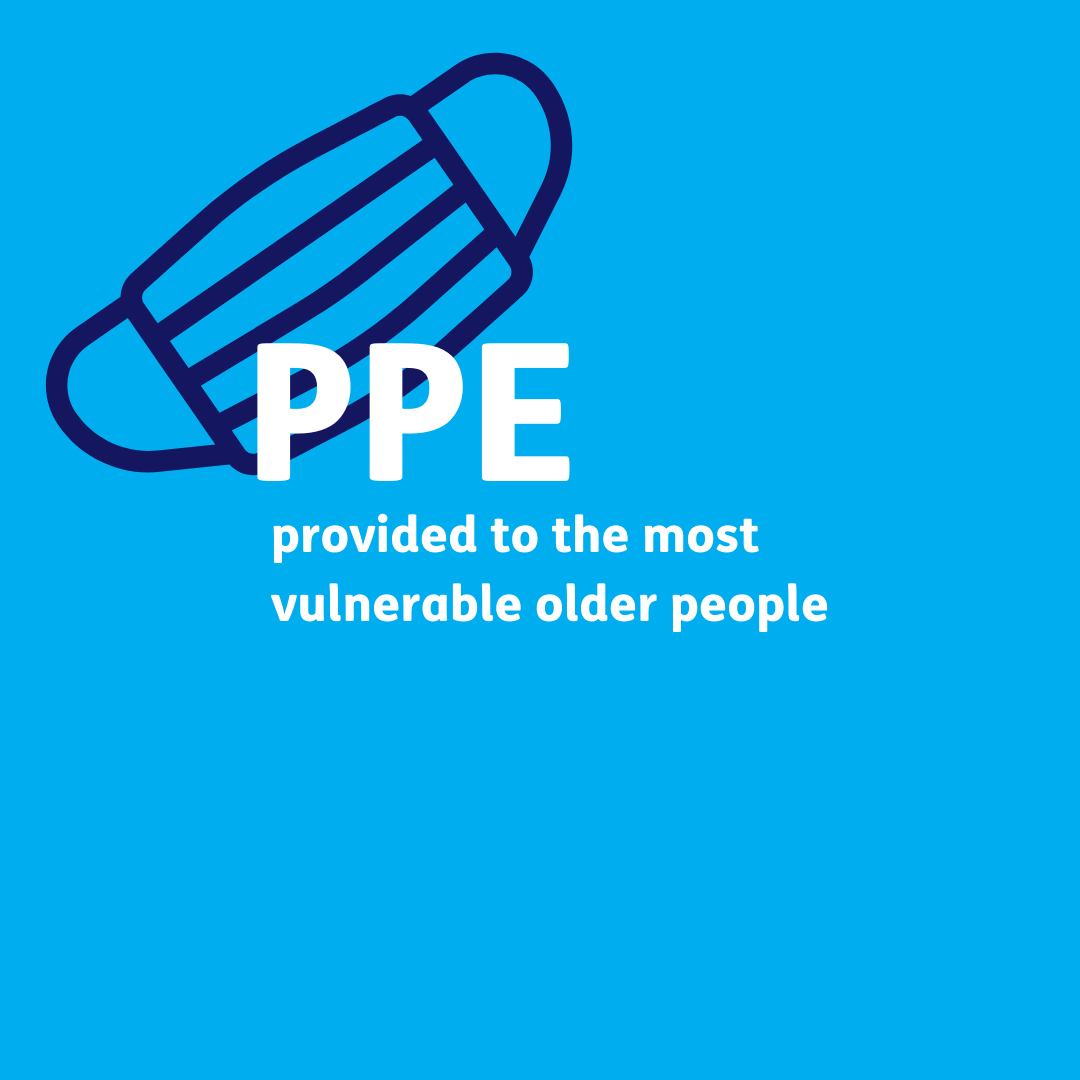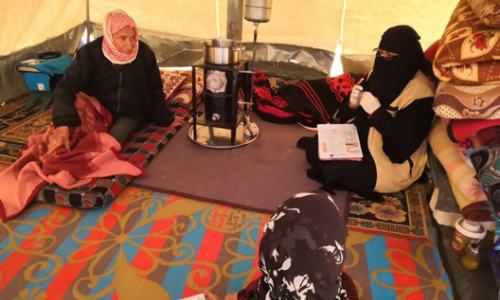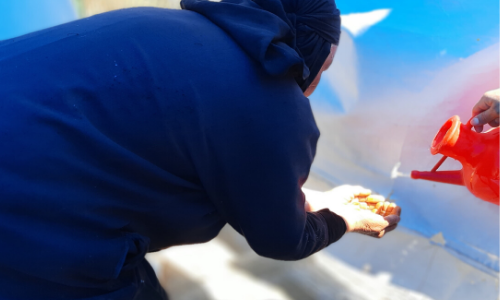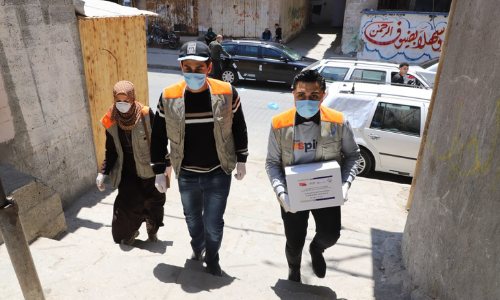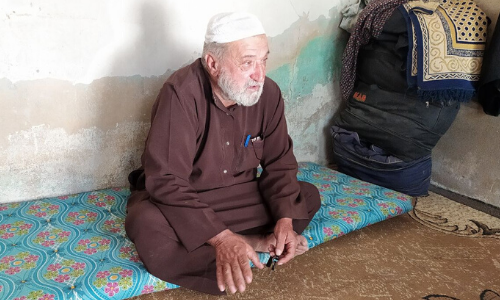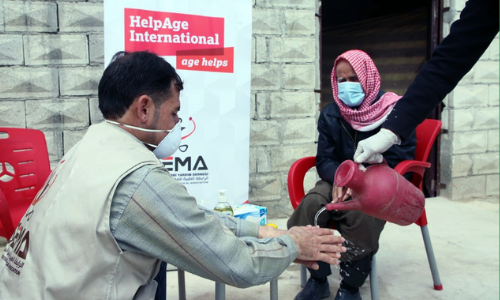Our initial COVID-19 response
Last year we partnered with the Syrian Expatriate Medical Association (SEMA), to prepare for the virus and help reduce its spread. Outreach workers in key areas and refugee camps raised awareness of the virus and infection prevention, to help delay the peak of the infection so that health systems were better able to cope when it comes.
Programme activities included supporting effective coordination with health authorities and other partners, preparing health facilities, providing training and PPE for healthcare staff and setting up additional medically equipped facilities to treat patients.
Additionally, a community awareness-raising campaign was run in mosques, community centres and other key public areas alongside an online awareness-raising campaign targeting health workers.
